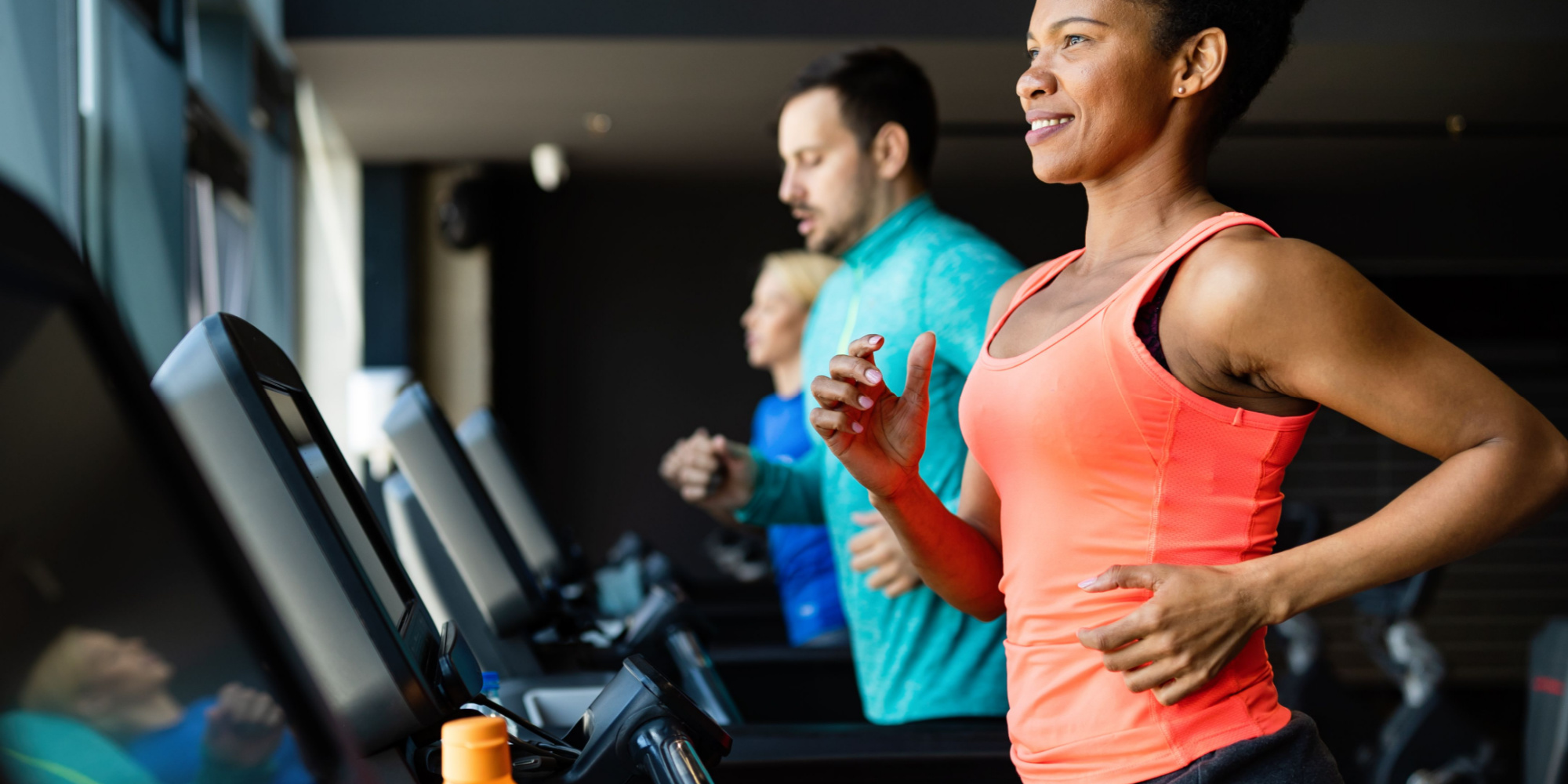Are There Any Benefits to Doing Cardio Weekly?
May 12, 2023 mindpumpAs much as we love lifting weights and building muscle, we admit that there are substantial benefits that come with cardio.
Unless you are an elite athlete, or someone who is training for a marathon or triathlon, daily cardio workouts aren’t necessary for the average person. However, one to two cardio sessions dispersed throughout the week can lead to gains in health and performance that most people fail to realize.
Health
It is pretty well-known that in terms of overall health, routine exercise at moderate levels plays such a huge role in longevity and quality of life. Studies have shown that low physical fitness is a more powerful risk factor for death than high blood pressure, high cholesterol, and family history.
The amount of effort you put into your cardio sessions doesn’t need to be at a high intensity to gain the health benefits that come with physical activity. Jogging three miles daily (at a pace slightly faster than walking) adds several years to ones’ life. If jogging isn’t your thing, even just walking does the trick; it’s been shown that men who walk 9 or more miles each week had about a 20% lower mortality rate than those who walk 3 miles or fewer.
The life-protecting benefits of cardio extend to all areas of your body, including a decreased risk of heart disease and other chronic diseases. Increased cardio levels also extend to the cellular level, where a positive change in antibodies and white blood cells can be seen. Exercise helps these immune cells move throughout the body during physical activity, whether that comes from dedicated workouts or increased leisurely activity.
Additional benefits can include improving blood sugar control, combating a decline in brain function as we age, and lowering stress levels.
I can go on and on (and in much greater detail) about all the health benefits that comes with weekly cardio, but we must go on!
Performance
We can’t forget about the performance benefits we get from cardio as well.
Metabolic Adaptations: Skeletal muscle fibers that are aerobically trained typically have larger and a more abundant number of mitochondria, this means an increased capacity to generate adenosine triphosphate (ATP) aerobically. ATP is our main energy source for cellular processes, which means that as we get stronger aerobically, the more efficient and stronger our energy system is.
Cardiovascular Adaptations: Long-term aerobic training has been shown to increase the heart’s mass and volume, with greater left-ventricular end-diastolic volumes during rest and physical activity. Known as an “athlete’s heart”, superior functional capacity of the heart improves stroke volume and cardiac output, meaning improvements in endurance, stamina, and overall performance.
Pulmonary Adaptations: Weekly cardio and aerobic training lowers the percentage of total oxygen during exercise. This allows better, and more controlled breathing, and for more oxygen to be dispersed to other tissues throughout the body. Overall, better breathing reduces the fatiguing effects of physical activity.
Body Composition: Cardio can reduce body mass, especially in conjunction with proper dietary measures. If you’re an athlete who wants to lower their body weight because it would be conducive for better performance, adding weekly cardio sessions can help you get there.
If steady-state cardio isn’t your thing, there are other options. MAPS Cardio includes full workout plans that improve your stamina while preventing muscle-loss. The negative aspect about cardio is that you do run the risk of losing some muscle; but when implemented correctly, you can include cardio into your weekly routine while still maintaining strength.
Where Do I Start?
If you are not a cardio person (like me!), there is no need to dive into 5-6 cardio workouts a week.
Start slow.
This could mean walking 10 minutes a day, riding a few miles on the bike before your workouts, or scheduling pickup basketball with your buddies. Ultimately, you want to implement a routine that you enjoy.
For me, I like taking daily walks with my dogs for 20–30 minutes, because it gives me uninterrupted time to listen to my favorite podcast–like Mind Pump! On days that I ride our stationary bike, I read my Kindle to prevent boredom.
It doesn’t need to be complicated, you just have to move!







